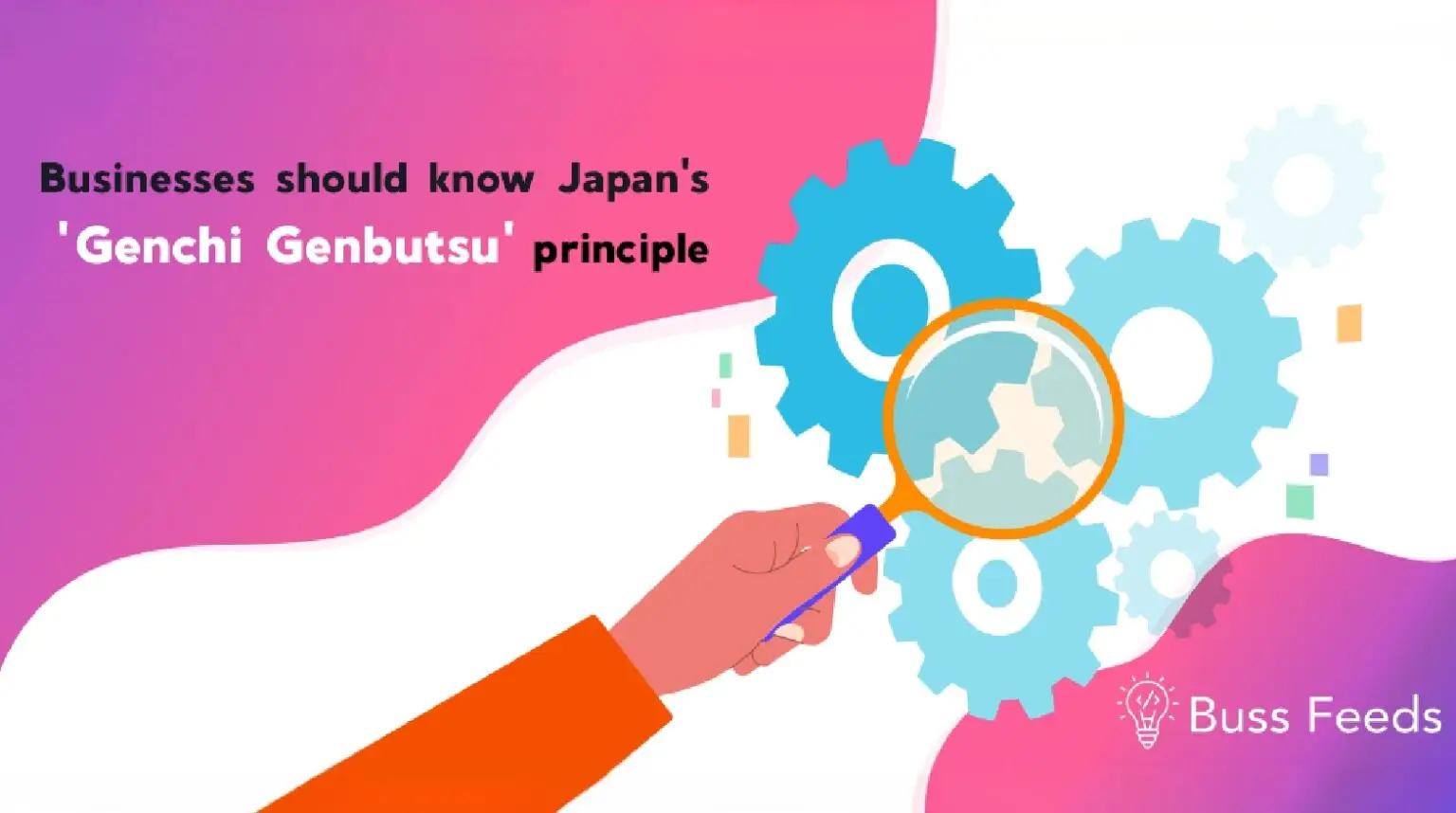Don’t just believe some things by hearsay, you have to experience it. Japanese management principles have significantly influenced global management practices. These principles are deeply rooted in Japanese culture, history, and philosophies. Kaizen, Just-in-Time, Total Quality Management (TQM) and many other management methods have been passed on to the world by them. One such is Genchi Genbutsu.
In 1980, Toyota decided to introduce a luxury car in America. Since Toyota was headquartered in Japan, it was not an easy task to study the American market while there. They could have used traditional survey methods. But what they did was to send Toyota’s designers to America and ask the wealthy there what they wanted in a luxury car. Based on that, Toyota launched the Lexus car in America. Genji Genbutsu is the Japanese term for the process of learning things from their origins and making decisions.
Genchi Genbutsu- Origin
The concept of genji genbutsu traces its roots to the Toyota Production System (TPS) of Toyota Motor Corporation in the mid-twentieth century. Taiichi Ohno, the father of TPS, introduced the need for managers to leave their offices and interact with the shop floor to truly understand the intricacies of production processes. By immersing themselves in a real work environment, managers can directly identify inefficiencies in the production process, consumption of raw materials, and opportunities to improve work practices.
Over time, Genji Genbutsu has evolved beyond the realm of manufacturing to become an important principle in a variety of fields, including healthcare, software development, and service sectors.
Other Institutions
Amazon: Known for its customer centric approach, Amazon has a strong emphasis on understanding customer needs and preferences through direct observation and data analysis. Amazon’s leadership principles, such as ‘Customer Obsession’ (i.e. a business model that focuses on prioritizing customer needs over other business objectives) and ‘Bias for action’ (i.e. the compulsion to act even when not having all the necessary information but being uncertain about the outcome), in its products and services. Helping to outdo others.
Tesla: Led by Elon Musk, Tesla is known for its unique approach to automotive manufacturing and innovation. Continuous improvements in products and services based on customer feedback and data from them, and improvements in electric vehicle technology and autonomous driving systems, exemplify the principle of genji genbutsu.
Google: The best example is Google. Each of their products is based on customer feedback. They constantly optimize usability and performance through user testing, usability studies, and iterative design processes.
Adopted in the mid-20th century, Genji Genbutsu remains a timeless principle to this day.
